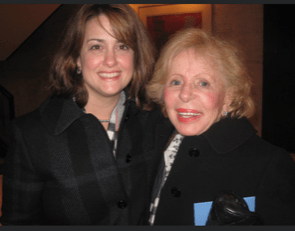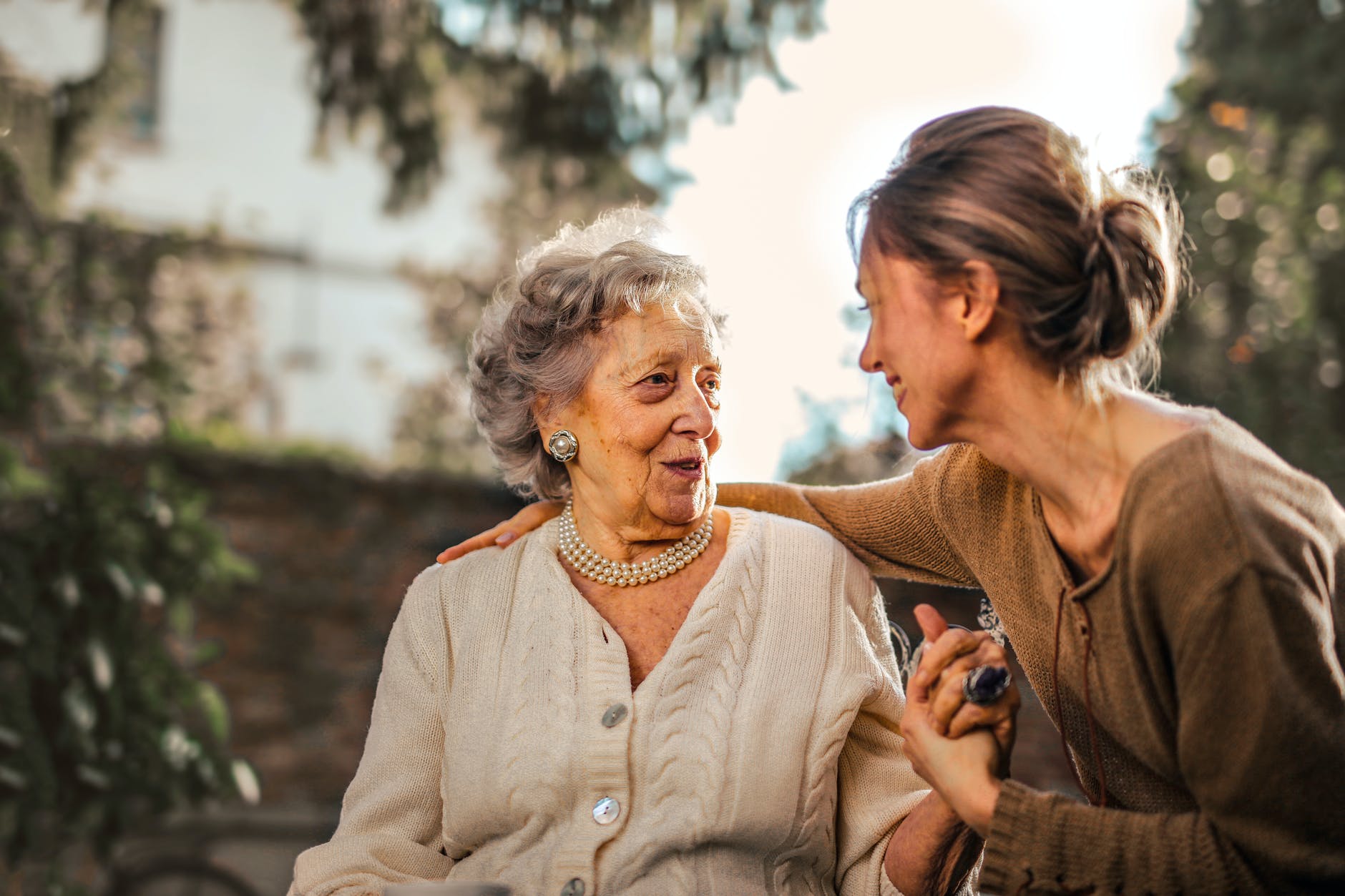
“How can I assert myself authentically in a relationship when I was trained to erase myself for the benefit of others?” – Anne Heffron
When I read this quote, a lightbulb turned on in my head. How crazy is it that I’m just realizing that this has been my biggest issue? It affects my personal relationships and my work. This way of thinking allows me to pull myself out of every equation and see how everyone’s life would be better if I would just go away. The hardest one to talk about would be my adopted family.
We have had so much tragedy in my adopted family. More than our fair share. My parents lost two of their children tragically. One to suicide, one in a car accident. There are other things that happened, that were just as tragic, in my mind. I’ll be able to write about them someday.
In my mind, none of these tragedies would have happened had they not adopted me. Not only does adoption upset the natural order for the birth mom and baby, it upsets the natural order for the adoptive family.
What would their lives had been like had I not been there? With 6 older brothers and sisters, attention was pretty hard to come by. Let’s just add another child at the end of this family and see how much more that attention gets divided. They were all biological children of my adoptive parents. They needed their mom and dad. They never would have known the difference had I not been adopted.
Would my brother still be alive? Did I do something to contribute to his death? Would he still be here if they had not adopted me? My adoptive parents would be different today had they not lived through the tragedy of losing a son to suicide. My adoptive mom would be a much happier person.
Would my sister be alive if they hadn’t adopted me? This is a hard one to write. My sister had moved away to live near people that I introduced her to when she had her car accident. She wouldn’t have even been where she was if it weren’t for me. So much tragedy unfolded because of her death. Her kids paid the price. She was a beautiful person and she would still be here if my family hadn’t adopted me.
There’s no way to know what life would have looked like for my adoptive family had they not adopted me. I do know that things would be different. Also, I do know that had I been intended to be born into that family, I would have been. It’s easy to take myself out of the equation and look at other’s lives without me in it.
Before you “open your heart to another child,” please take a long, hard look at how it will affect the children you already have. It just isn’t the same as having another child. This child will be different than the rest of you and you will not understand them in the way you do your own. They won’t fall in line and think like you do. They won’t act like you. They won’t look like you.
I love the family in which I grew up, but I’m not sure their life was better because of me.








